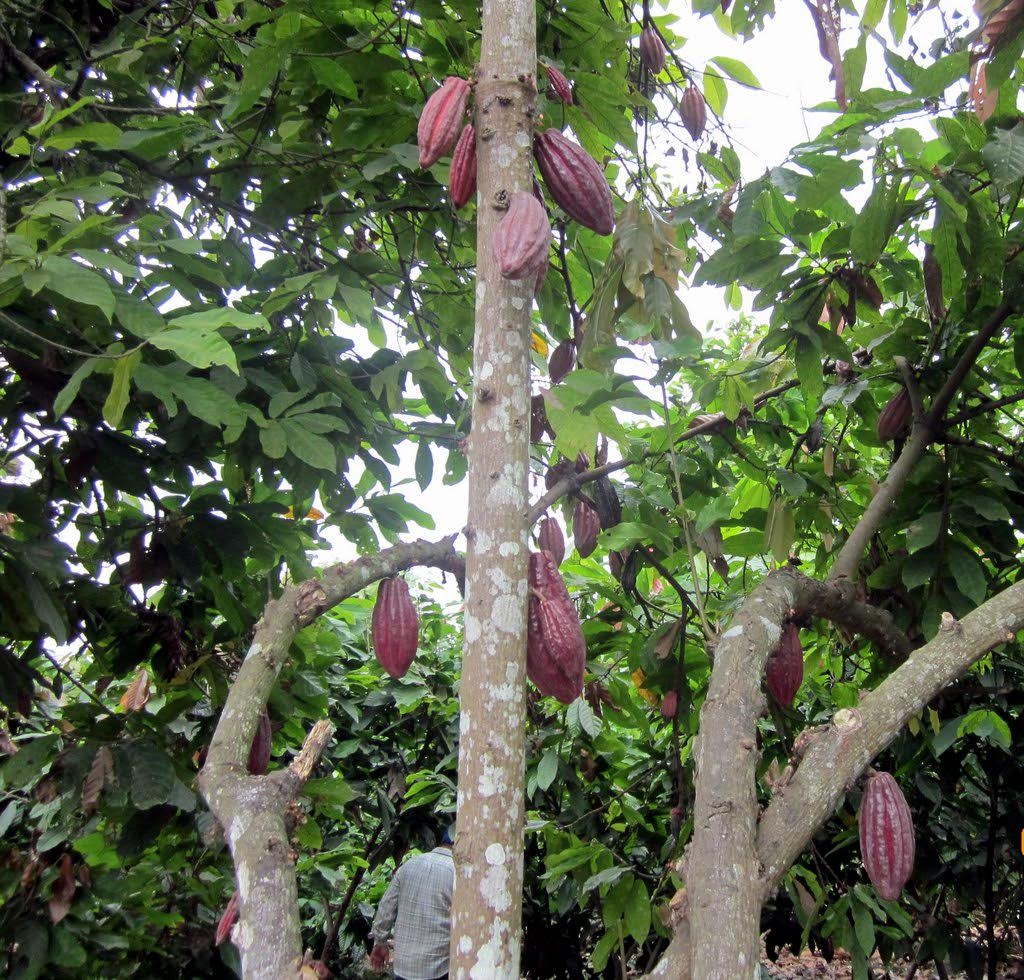Who We Are
- We provide information to help you choose the best quality supplements and foods in the world. Since we are a supplier in the industry and have been for the past 20 years, we have seen the ways that companies dismiss quality or price gauge.
- We guide you in understanding what to look for, where to look for it, and which brands are here just to make money
Why you can trust us:
20+ Years Distributing, Packaging, Formulating, Capsulating Superfood Products
Naturopathic Doctor Bob McCauley as our Advising Board Member
We Visit Suppliers of Our Best Sellers to Review Quality Standards
We Predict 95% We Have the Best Combination of Efficacy and Price. We rely mostly on word of mouth, so our costs our low, which means your costs are low
You Can Pick Up the Phone and Call Us Anytime with Questions
Naturalzing.com
Summary
I discuss the overlooked issue of heavy metals in cacao, sharing his experiences and findings from working directly with producers in Peru, Ecuador, and Belize. I highlight the high levels of cadmium and lead found in Peruvian cacao, the importance of testing for heavy metals, and the benefits of single-origin, forest-grown cacao. I also point out the need for high standards in cacao production to ensure quality and safety, including the distinction between cacao powder and butter regarding heavy metal and pesticide contamination. I emphasize that properly produced cacao can be both nutritious and delicious without the need for sweeteners.
Table of Content
Heavy Metals in Cacao
A Surprising Experience With Suppliers
In the past year working directly with producers, I have seen that there are multiple sellers trying to pass off high cadmium and lead cacao and now I can understand the importance of being incredibly careful with your sources.
One vendor had no documents at all!
Unfortunately, we deal with a very un standardized system of checking foods that are imported into this country. Sometimes the material is stopped for inspection, sometimes it isn't and even I have had had my material held for 10 weeks for no reason at all.

Cacao Powder:
A staple in coffee drinks, chocolate, smoothies, mixes
This product is at higher risk of heavy metals than nibs, butter, or paste. This is the product to watch out for!
Cacao Butter:
A staple in chocolate bars, healthy alternatives for cooking, and stand alone product
This product is at a higher risk of pesticides and herbicides than powder, nibs, and butter. Make sure it is organic!
Ask For A Test
When considering purchasing cacao from any company, I always make it a priority to request a heavy metal test report. Cacao can absorb dangerous elements like cadmium and lead from the soil, which pose serious health risks if consumed in high amounts over time. Without a recent and comprehensive test, there’s no way to confirm the product’s safety, especially since some vendors may overlook or downplay this issue. Insisting on transparency through lab results ensures I’m sourcing responsibly and protecting my customers from potential harm. It’s a non-negotiable step in my buying process.
Both metals can enter cacao through contaminated soil, often due to industrial pollution, mining, or the use of certain fertilizers. Regular consumption of cacao products with elevated levels—such as in chocolate, cocoa powder, or cacao nibs—can contribute to these health risks, especially if consumed frequently or in large amounts. For example, a 2022 study by Consumer Reports found that some dark chocolate bars contained lead and cadmium levels above safe thresholds, raising concerns for frequent consumers. Vulnerable populations, like children and pregnant women, are at higher risk due to their developing systems and potential for greater harm.

Further Readings
→ Do Certifications Matter?
→ Transparency
Cacao Products You Can Trust
"Outstanding service and products. I have purchased Natural Zing products for a number of years and am pleased that they continue to support good health"

Do Certifications Matter?
While food certifications like organic, fair trade, or non-GMO may suggest higher quality standards, they can be misleading if a company cannot provide comprehensive heavy metal test results on demand. These certifications, though well-intentioned, often fall short of guaranteeing true premium quality, especially in the cacao industry
The reality is that the finest, most unadulterated cacao is typically sourced from small-batch and family-owned farms, where traditional cultivation methods and meticulous processing are prioritized over mass production. These smaller operations often lack the resources for expensive certifications but compensate with superior quality and transparency. Without readily available heavy metal analysis, even certified products may harbor hidden contaminants, undermining the very trust these labels aim to build. Therefore, while certifications can be a starting point, discerning consumers should look beyond these badges to truly understand the quality and purity of their cacao products.
Transparency is Superior to Certifications
Successful brands recognize the power of transparency. By openly sharing information about their practices, sourcing, and values, they build trust with consumers. Transparency fosters loyalty, as customers appreciate honesty and feel more connected to brands that are upfront about their operations. In today's information-driven market, companies that embrace openness often outperform their secretive counterparts.
What is transparency?
Answering Emails
Answering Texts
Answering Phone Calls
Not Cutting Corners For Price Concessions
Vendors Should Lay Eyes on The Product
Country of Origin is Stated Clearly on Packaging
Frequently Asked Questions
What is the ideal level of Cadmium in Cacao?
Below .6 PPM
What is the ideal level of Lead in Cacao
Below .9 PPM
Which Cacao Has The Least Heavy Metals
Cacao Powder is known to have higher metals than other cacao products
Does Cacao Have Heavy Metals
Yes, Cacao naturally has heavy metals. There is cacao that is very safe to consume if the heavy metals are low enough
Which Cacao Has the Least Heavy Metals
While a lot of Cacao in Peru can be safe, Peruvian Cacao is more likely to have heavy metals.








